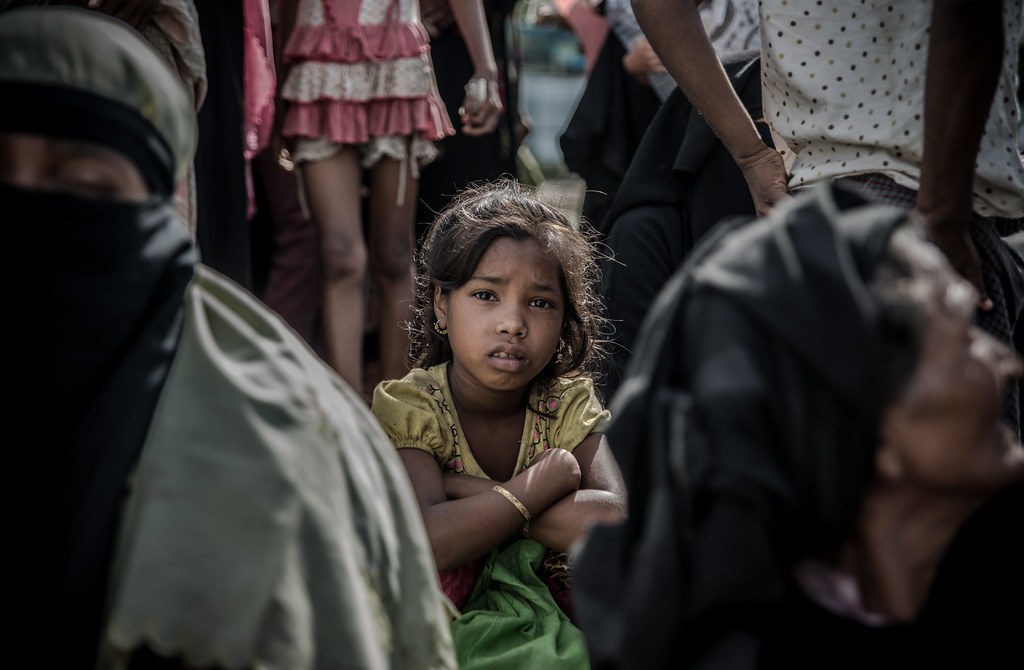The annual terrorism report for 2022 from the US Bureau of Combating Terrorism has spotlighted Bulgaria’s vulnerabilities, citing foreign terrorist groups leveraging the nation’s illegal smuggling and trafficking networks to infiltrate Europe.
While Bulgaria is acknowledged as a crucial ally in the fight against terrorism, the report underscores gaps in the authorities’ capabilities, hindering overall effectiveness. Measures involving border control, strict migration programs, and biometric screenings—supported by the US—are highlighted as ongoing strategies. These efforts aim to detect and intercept suspected terrorists attempting illegal entry into Bulgaria or transiting through the country.
The assessment emphasizes that despite these measures, the identification of “known or suspected terrorists” primarily occurs within Bulgaria rather than at its borders. Challenges persist due to illegal migration from regions with terrorist networks, compounded by corruption in law enforcement.
The document stresses Bulgaria’s strategic position between Europe and the Middle East, underscoring efforts to disrupt terrorism financing channels. However, the report criticizes insufficient actions by Bulgarian authorities, resulting in the country’s inclusion in the gray list for issues concerning money laundering and terrorist financing.
The assessment acknowledges Bulgaria’s National Security Agency and its dedicated Counterterrorism Center as pivotal in suspect identification, information exchange, and prevention of terrorist activities. It also sheds light on the nation’s limited understanding of the risks associated with terrorist financing, as highlighted by the MONEYVAL Committee.
Regarding institutional setup, the report outlines the roles of specialized units within the National Security Agency and the Ministry of Internal Affairs, addressing external and internal threats, respectively.
Notably, the report underscores the Bulgarian government’s stalled efforts to revise its Strategy for countering radicalization and terrorism. The incomplete update remains a concern, prompting the need for official clarification in the years ahead.

